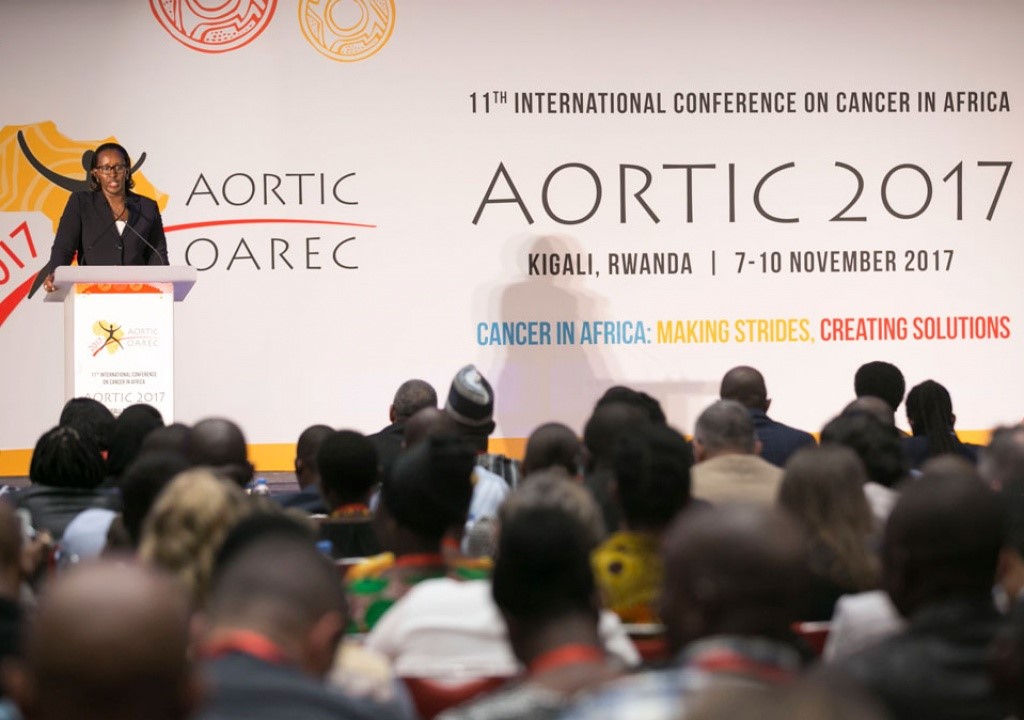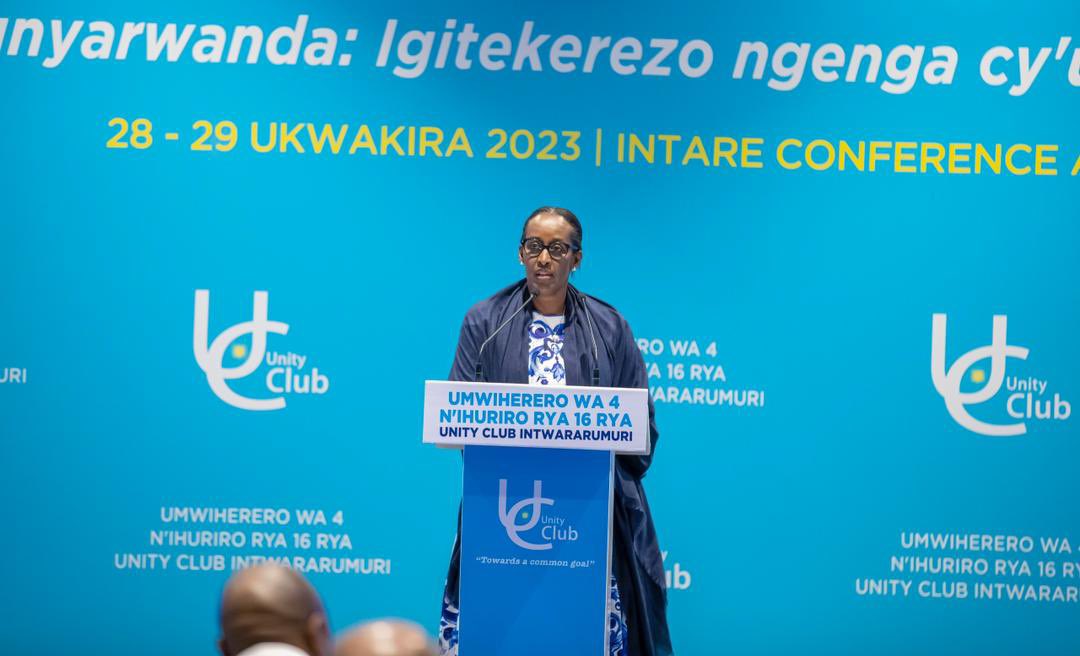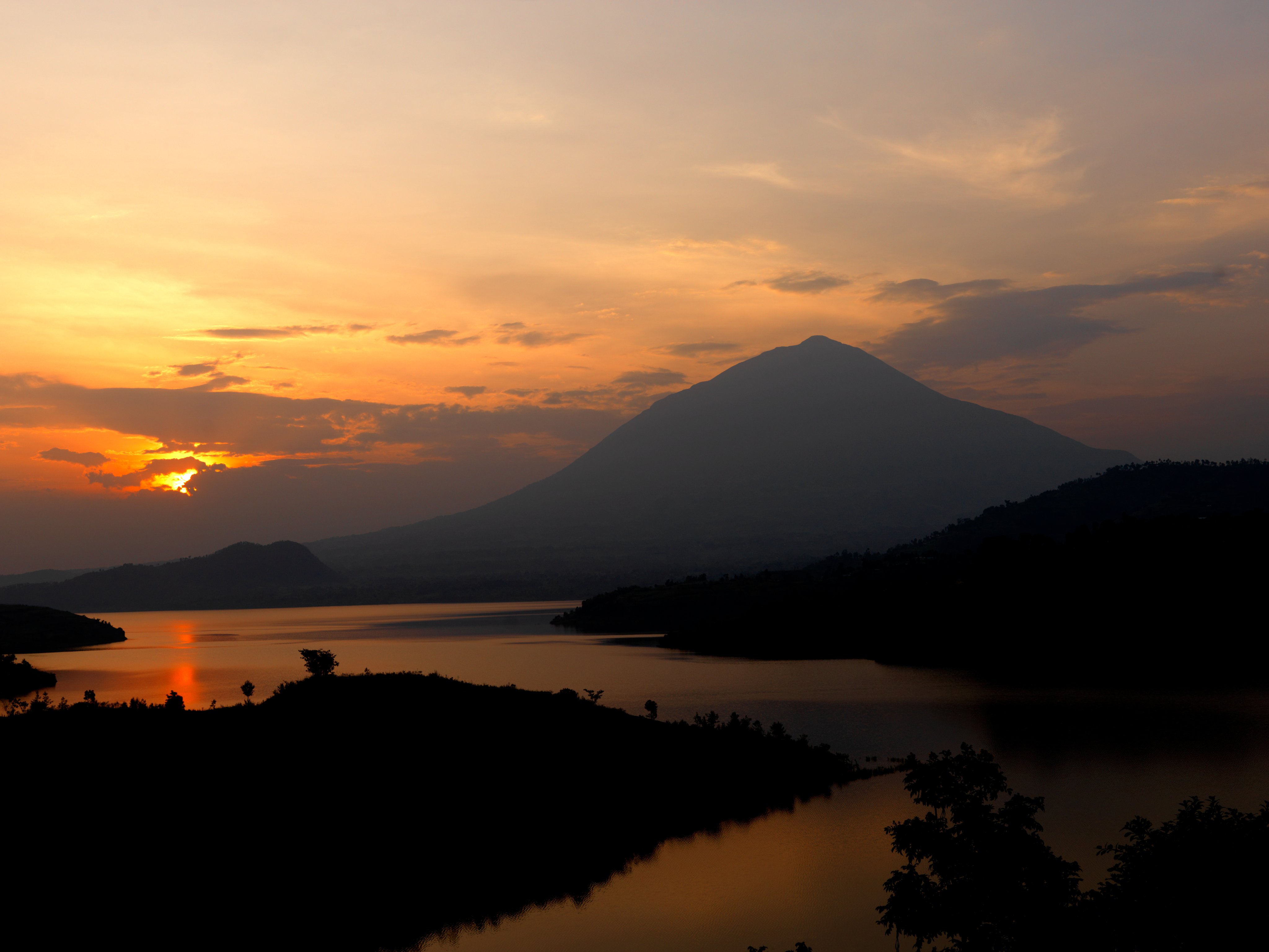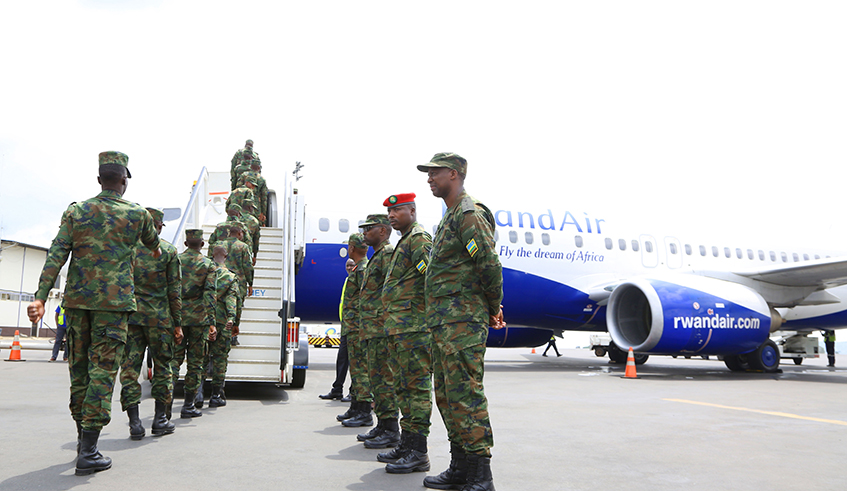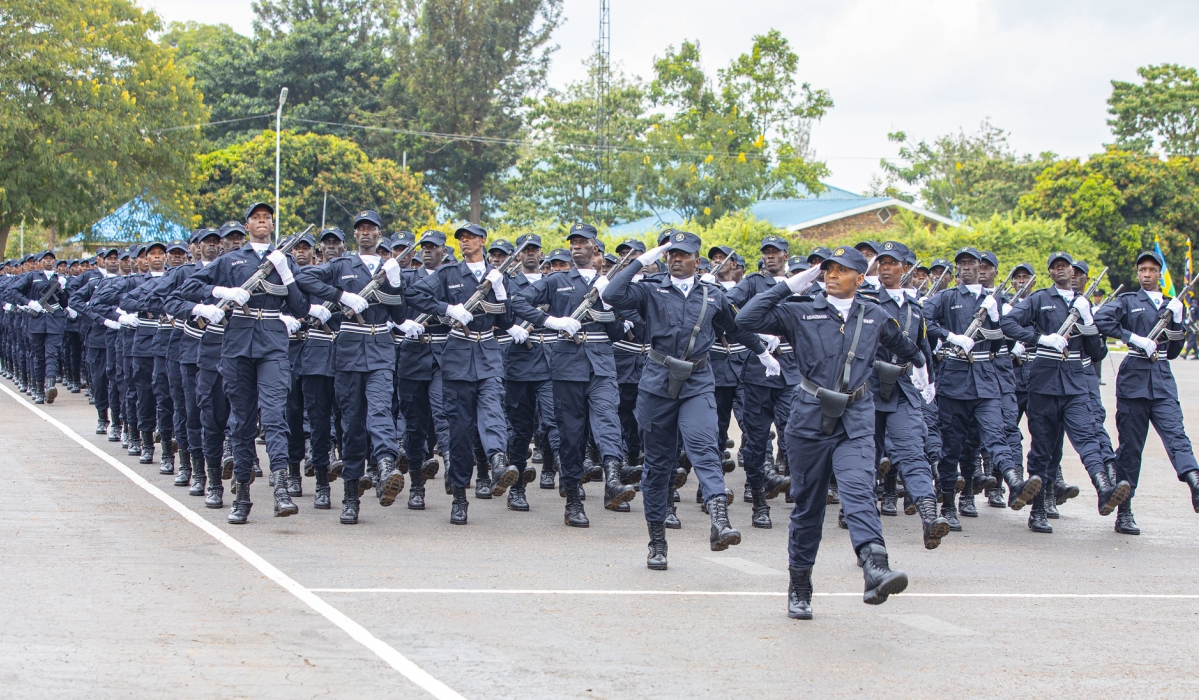Regional
The essence of Rwanda’s political parties meeting ahead of 2024 elections
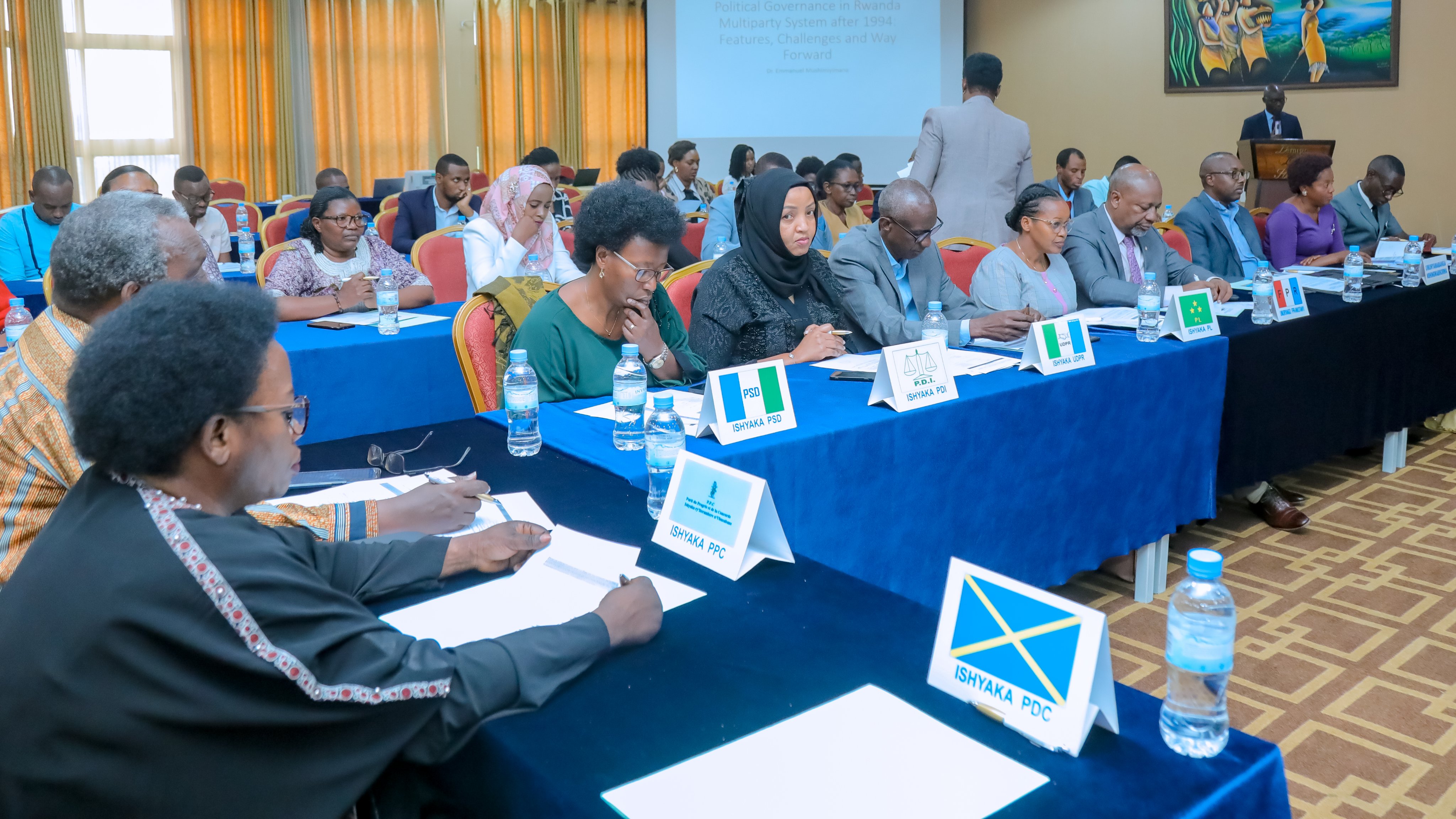
Rwanda’s political parties meeting in November 2023.
At the beginning of November,
the National Forum of Political Organizations (NFPO) convened a conference in
Kigali on political governance and consensus building in post genocide Rwanda.
The conference examined the
role played by the NFPO and political parties' members in promoting good
governance and consensus building.
The NFPO is an institution
established by the Constitution of the Republic of Rwanda in its article 56.
The institution was created to put in place permanent consultative mechanisms
among political organizations in the spirit of the Arusha Peace Accord. When
the Rwandese Patriotic Front (RPF) took over power, in 1994, it maintained the
Arusha Peace accord’s spirit of power sharing and consultation among political
organizations, hence putting forward national interests and rule of law.
Power-sharing is respected in
state institutions in accordance with the fundamental principles set out under
Article 10 of the Constitution of the Republic of Rwanda.
Much as previous governments
after independence promoted politics of exclusion that created refugees since
the 1950s, when the RPF took over power in 1994, all legally recognized
political organizations were brought on table, through NFPO, to discuss the
country’s problems and national policies. The objective was consensus building
and national cohesion.
The November NFPO conference,
and others before it, are in line with the January 9, 1993 protocol on power
sharing which clearly spells out the need to provide political education to the
members of political organizations for a common struggle against all forms of
violence and political exclusion.
The Constitutional Referendum
of May 26, 2003 also advocated for dialogue and consultation as a way of
carrying out political action and promoting multiparty democracy in Rwanda.
The politics of exclusion and
divisionism are what culminated into the genocide against the Tutsi in 1994, in
which more than one million innocent people were brutally murdered. In order to
avoid a repeat of such bad politics, the RPF government, after stopping the
genocide against the Tutsi in 1994, subscribed to the path of consensual
democracy which fosters unity and accountability.
Rwanda’s consensual democracy
is a unique model that is not cloned from other parts of the world. It is a
homegrown democratic system based on the country’s history, contextual
realities and aspirations of the people to build a peaceful, prosperous and united
country.
Through the NFPO, Rwanda
demonstrated that political organizations can compete and exist in the country
without confrontation and violence.
Political campaigns and
elections can be held in a calm atmosphere free of fighting and destruction of
property. For Rwanda, election time is a festive season as the citizens compete
in organizing and decorating their polling stations.
Rwanda is expected to hold
presidential and parliamentary elections in August 2024, and it will be the
first time such kind of two-piece elections takes place. The decision to
harmonize parliamentary and presidential election calendars was agreed upon by
all political actors in the interest of reducing the cost of holding
presidential and parliamentary elections separately.
Initially, both parliamentary
and presidential elections required at least $6million each, but with the new
arrangements, of holding both elections on the same day, an estimate of
$7million will be required, according the National Elections Council (NEC).
All political organizations
have supported the initiative which will save hard earned tax payers money.
In 2019, a report by Kenya’s
Daily Nation revealed that among the East African countries, Rwanda spends less
on elections with an average of $1.05 per voter, Uganda, $4 per voter, Tanzania
$5.16, while Kenya spent an average of $25.40 in 2017, considered as the most
expensive elections in Africa.
The NFPO conference organized
before the 2024 elections was an important forum to share views on the
commitment to uphold the unity and security of the Rwandan people without
compromising political parties’ independence and ideological commitment.
Although political
organizations can differ on their political agendas, they must all commit to a
general consensus of never to undermine the country’s unity, peace, stability
and the fight against genocide ideology.
The consensus building of political actors through the NFPO conference gave citizens confidence that the upcoming elections will be conducted in a peaceful atmosphere free of violence.



